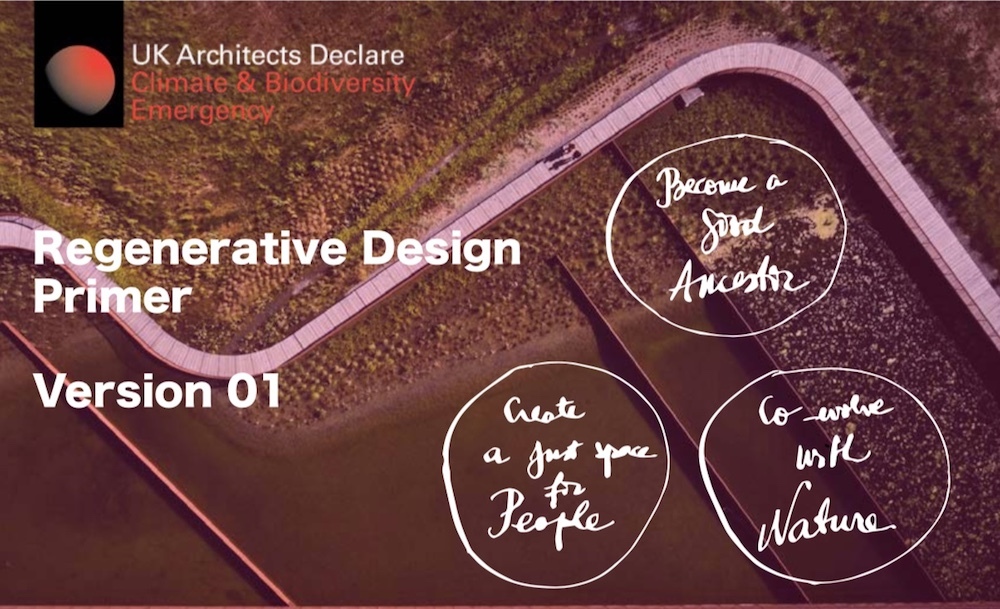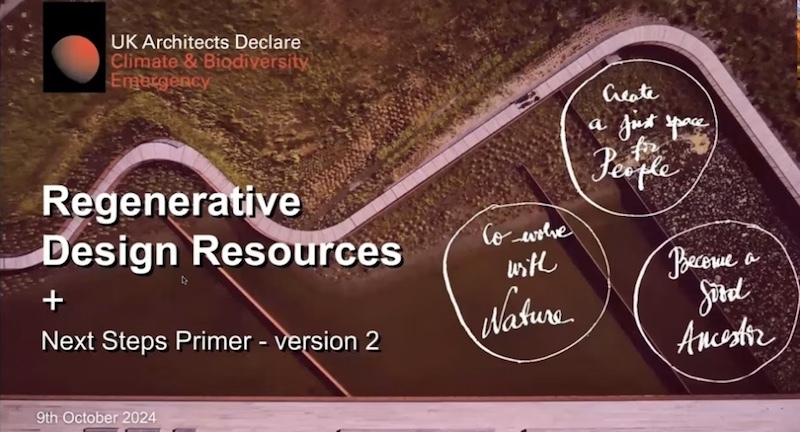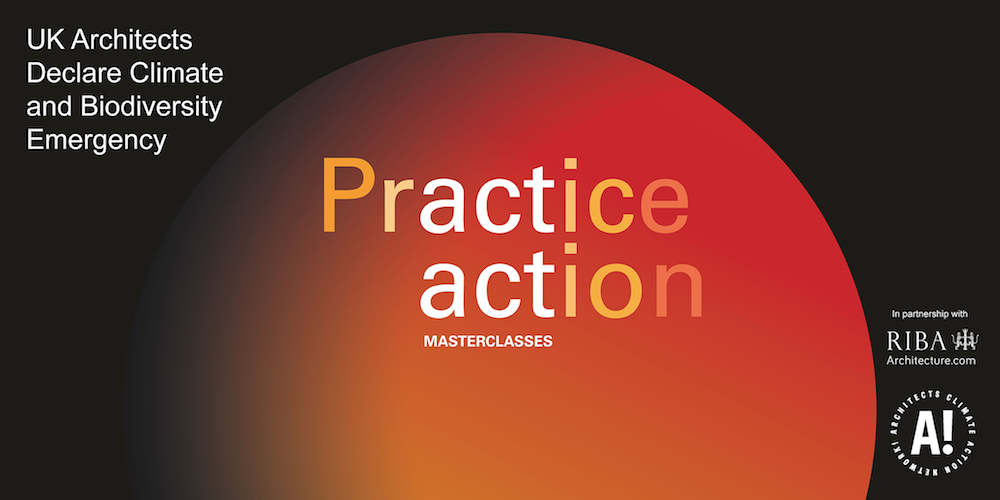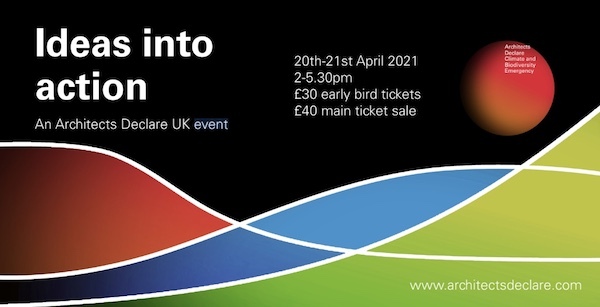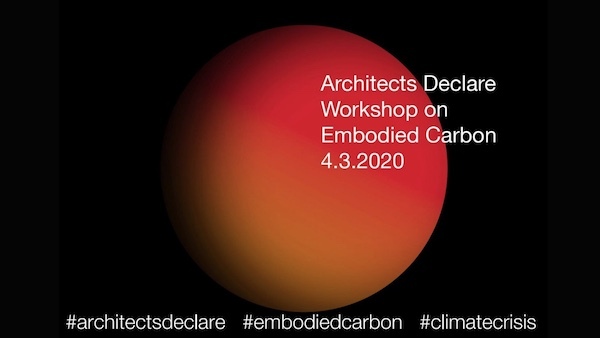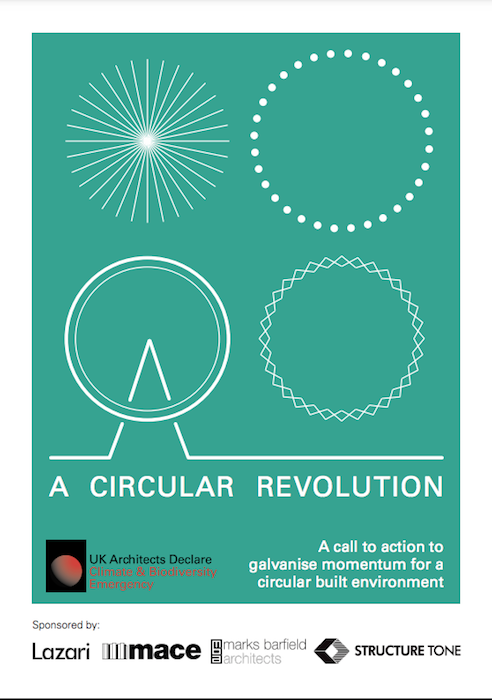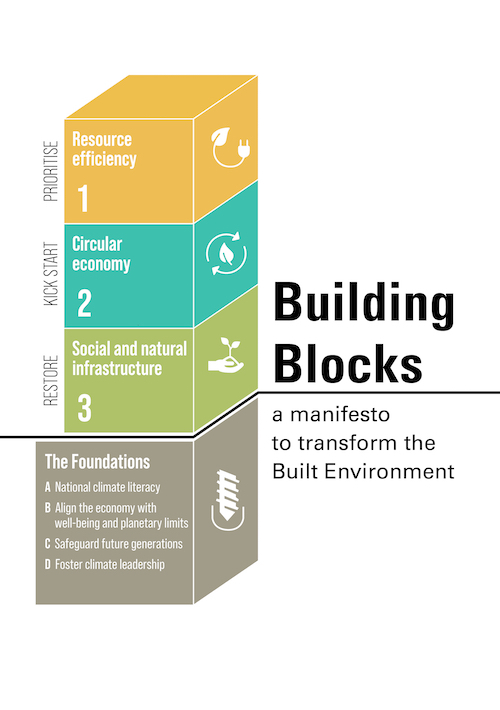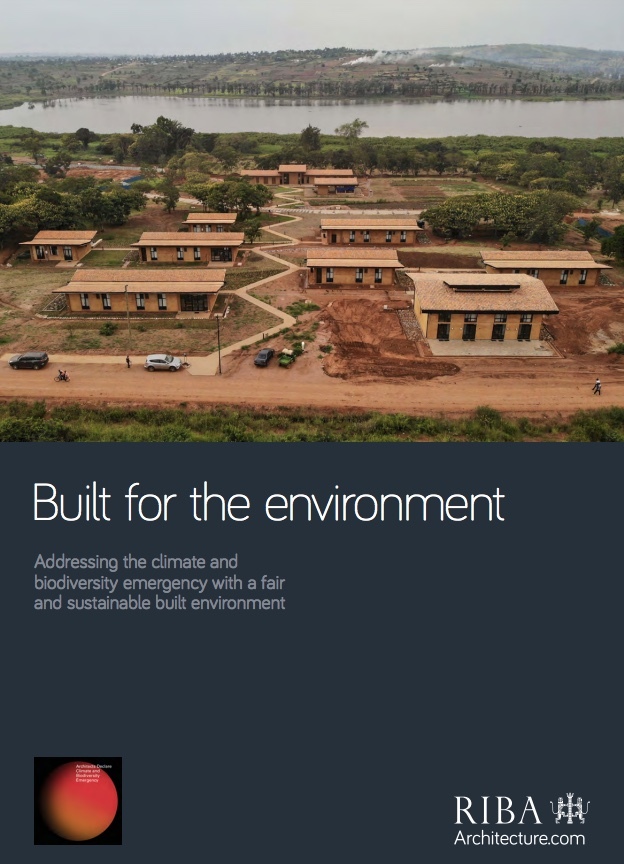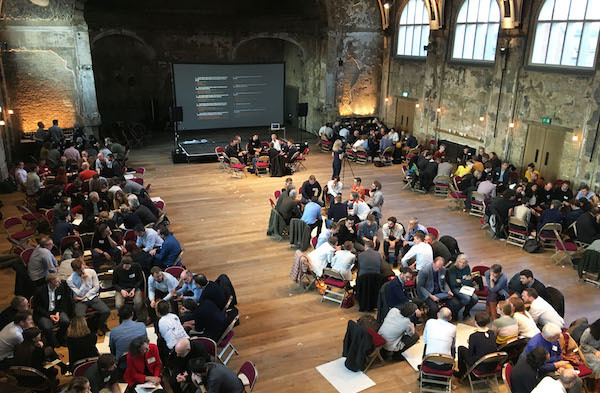Regenerative Architecture online

As part of our partnership with Architecture Today on our Regenerative Architecture Index, Regenerative Architecture is a new online forum for practitioners, clients and all those involved in the transition to regenerative practice to share knowledge, ideas and expertise.
The new site
- brings together examples and learning from the 2024 Index and beyond;
- hosts active discussions on our themes of Being a Good Ancestor, Co-evolving with Nature and Creating a Just Space for People;
- features 'Reinventing Practice' and other curated content from the AT site - including a regular AD column;
- lists regenerative, sustainability and other relevant events across the industry;
- announces new opporunities for RAI participants.
We are excited to bring our understanding of the paradigm shift to regenerative design and energy for change, and be part of this interdisciplinary platform for dialogue and debate for professionals working across the construction sector as a whole.
Sharing knowledge, embedding support for people and organisations and demonstrating how the principles of regenerative design are being put into practice are all core to our shared declaration across UK Architects Declare and the wider Built Environment Declares family. This new forum complements our own work on our Regenerative Design Primer and of course the Regenerative Architecture Index, and helps us to take this further and deeper.
